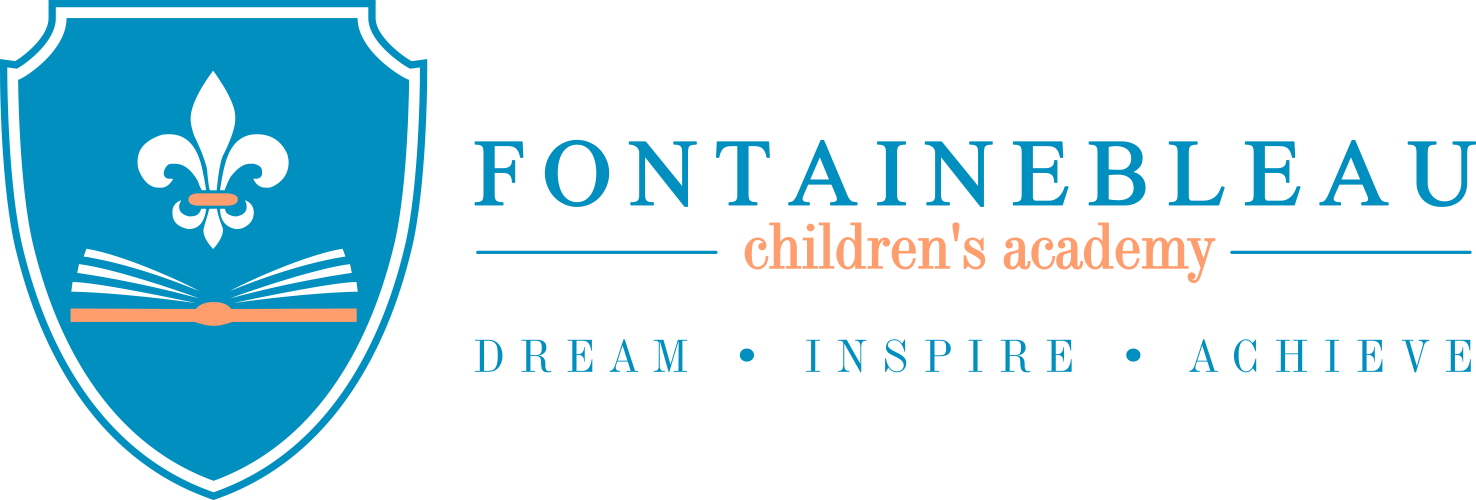In today's fast-paced and competitive world, the foundation laid during the early years of a child's life is more critical than ever. Preschool education, often overlooked, plays a pivotal role in shaping the success of children. This early educational setting is not just a precursor to formal schooling but a crucial developmental stage that significantly influences a child's cognitive, social, and emotional growth.
Building Blocks of Learning
Preschool is where children are first exposed to the structured setting of learning, which is vital for the adjustment to formal schooling. It introduces them to the basics of education—numbers, letters, and shapes—but in a way that is engaging and suitable for their developmental stage. This early acquaintance with learning concepts sets the tone for their educational journey, fostering a sense of curiosity and the love for learning that is essential for success in later years.
Social Skills and Emotional Development
One of the most significant benefits of preschool is the development of social skills. In this setting, children learn to interact with peers, share, take turns, and respect others—skills that are crucial for personal and professional success. Moreover, they begin to develop emotional intelligence, learning to manage their emotions, empathize with others, and navigate social situations. These early lessons in emotional regulation and empathy are foundational for building strong relationships and succeeding in collaborative environments.
Encouraging Independence and Confidence
Preschool also serves as a critical platform for children to develop independence and confidence. Through various activities, children learn to make choices, take initiative, and complete tasks on their own. This autonomy fosters self-esteem and the confidence to take on new challenges, both academically and personally. The encouragement of independence at a young age lays the groundwork for self-motivation and resilience, traits that are indispensable for success.
The Role of Creative and Critical Thinking
Creativity and critical thinking are nurtured in the diverse, resource-rich environment of preschool. Through play-based learning and problem-solving activities, children are encouraged to think outside the box, ask questions, and explore solutions. This not only enhances their cognitive development but also prepares them to face and adapt to the complexities of the real world with innovative and critical thinking skills.
Early Identification of Learning Needs
Preschool is also crucial for the early identification of learning needs and challenges. Educators trained in early childhood development can recognize developmental delays or learning disabilities, ensuring that children receive the support they need from the start. Early intervention is key to addressing potential learning challenges, providing children with the best chance for academic and personal success.
The Long-term Impact
Research has consistently shown that children who attend preschool are better prepared for kindergarten than their peers who do not. They exhibit stronger math and reading skills, better social competencies, and higher levels of academic achievement in later grades. Moreover, the benefits of preschool education extend beyond academics; individuals who attended preschool are more likely to graduate from high school, attend college, and succeed in their careers.
In conclusion, the importance of preschool in the success of children cannot be overstated. By laying a strong foundation in the early years, preschool education not only prepares children for academic success but also equips them with the social, emotional, and cognitive skills necessary for success in life. Investing in preschool education is an investment in the future of our children, shaping them into confident, capable, and compassionate individuals ready to take on the world.




